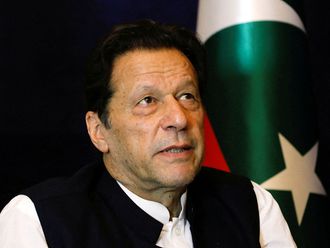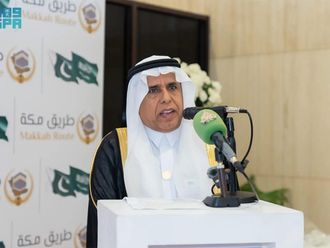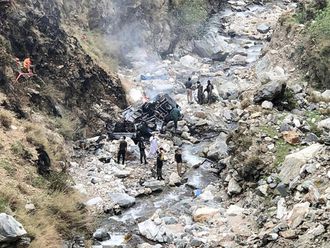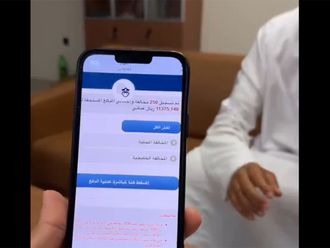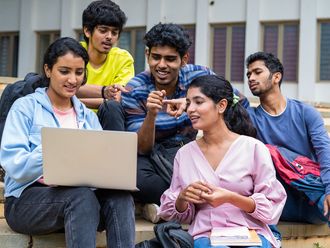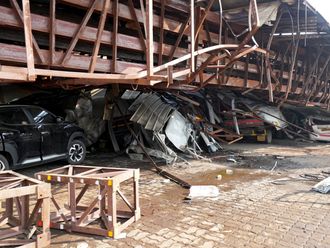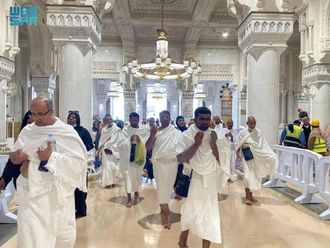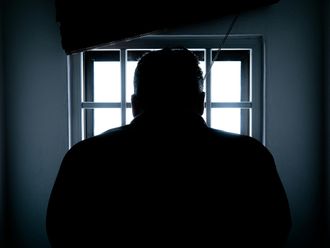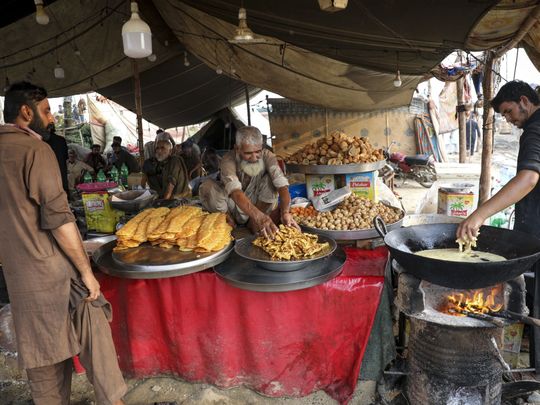
Islamabad: Health officials in Pakistan have warned of the risk of a sixth COVID-19 wave as the rate of infections suddenly spiked in the country after four months.
The country reported seven deaths and 732 COVID-19 cases in the past 24 hours. On July 6, at least nine people died due to coronavirus which is the highest single-day tally since early March. In Pakistan, Karachi is the most affected city where six of the total seven coronavirus-related deaths were reported.
While the situation is still under control, the government has asked citizens to take necessary protective measures, especially during the Eid holidays. Health experts are worried that the social gatherings on Eid Al Adha might lead to a possible sixth wave of coronavirus in the country.
The government has issued health guidelines but the regulations provided are not being followed properly. Most people are not seen wearing masks or keeping social distance in public places. Citizens reported that COVID-19 guidelines are also not being implemented at the government-approved livestock markets in Islamabad city. There’s no checking either at the bus or train stations that could be hotspots for virus transmission during the Eid holidays.
More than 85 per cent of Pakistan’s eligible population (those above 12 years of age) are fully vaccinated with two doses while 29.7 million booster doses have also been administered.
Pakistan’s central pandemic response body National Command and Operation Centre (NCOC), which was shut down as the threat of the pandemic receded, was restored when the country reported its first case of Omicron sub-variant BA.2.12.1 on May 9.
Eid Al-Adha COVID-19 guidelines
Pakistan’s government has issued these guidelines for Eid Al Adha. The guidelines advised that people should not be allowed to enter prayer venues without masks. Eid AI Adha prayers should be held in open spaces under strict COVID protocols and in case of prayers being held inside mosques, all windows and doors should be opened for ventilation to limit the chances of spread of the disease, the advisory reads. It also suggested that sick, elderly and young children should be discouraged from attending the Eid prayers. Ulemas leading Eid prayers have been asked to keep sermons brief to discourage large gatherings for a long duration
The NCOC also said efforts would be made to encourage central and collective sacrifices through various public, private and community organisations, while ensuring adherence to the COVID-19 protocols of mask-wearing, social distancing and avoidance of crowds.


